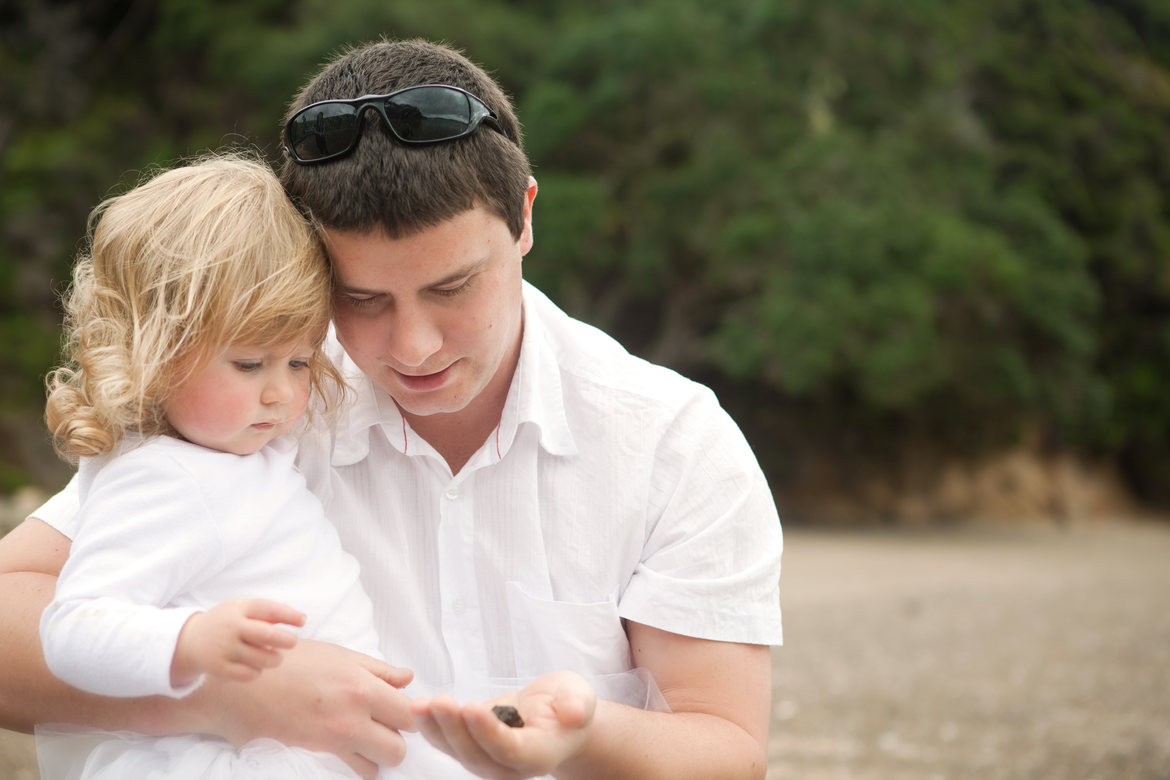By Tracy Cassels
One of the messages that is making its way to the mainstream is the importance of loving your child unconditionally. You can hear it spoken about in several books on child development, discipline and parenting more generally, and for good reason: to thrive, our children need to know that they are loved by us no matter what. Without that, our children start to fear taking risks and exploring their world. They fear making mistakes. They hide and start to lie so they don’t fall from our graces. We risk losing trust, openness, security, and most importantly, attachment.
I have read many of the books and I too have known the crucial role of unconditional love in parenting. Most of us know it simply because we never had it. We were punished for mistakes and so we started lying and hiding things. We saw the disappointment and love withdrawal when we did something wrong so we felt shame and internalised it, sometimes seeking outlets that weren’t so healthy to try and push that shame down further or ignore its presence. We don’t want this for our children so we read these books and we’re given some ways to help us – don’t praise, don’t punish, don’t take love away, and so on – and yet, many times we still aren’t quite sure how to make this unconditional love work. So much of the advice out there is based on what we shouldn’t do and yet we don’t quite know what to replace that with.
I hope I can help here.
The goal of this article is to share with you some of the things you can practise to help you work towards unconditional love that isn’t permissive parenting and doesn’t leave you confused about what you can do in trying situations.
When Things Are Good
Let’s start with the good times. I know most of us think of conditional parenting being related solely to discipline and punishment, but actually in good times, many of us can end up instilling these same ideas, just in a more subtle way. The key problem here comes with praise. You may have read some of the great work out there on praise – Alfie Kohn’s Punished by Rewards and Carol Dweck’s Mindset, for example – and know that you aren’t supposed to praise or only praise process, but how do you get to this?
Let’s start with understanding the problem with praise. The first issue is that it is often based on things that the child has no control over, like beauty and intelligence (see Carol Dweck’s work). These things fall under what we would call a “fixed” mindset because the child doesn’t see that he or she has any control over them. Either you’re smart or you’re not. And, oddly, just upping the praise on smart doesn’t work because kids fear being seen as “not smart” so they stop challenging themselves and always go for the easy way out. Not the lessons we want them to learn.
The second issue is that praise is almost always still conditional. We don’t praise our children for just anything and so they receive more praise on certain occasions than others. We also tend to heap praise on things that are about success, not just effort – winning the race, getting As, finishing a task successfully – and this can make that praise feel more like it’s conditional. This can also make the absence of praise seem like the punishment or love withdrawal.
The question now is how we cope with this. You can never praise and focus instead on comments that reflect back to the child and their accomplishments – “You did it!” “How do you feel about that?” – which are commonly recommended, but many parents lash out against. In a culture that has been awash with praise, it’s really hard to do that.
We don’t want to just have our child reflect on their own accomplishments, but we want them to feel our love for them as well, which is what we often try to do with praise.
This brings me to my favourite sentence in place of overt praise and in place of pure reflection:
“I love watching you…”
I wish I could remember the source and looking it up seems to lead to morbid lyrics from a seemingly death-metal band. I did not get it from there. But I love using this one because it (a) doesn’t praise an outcome or a trait and thus can be used whenever our child takes part in something, (b) doesn’t just reflect back but tells our child we love them and what they are doing, and (c) doesn’t make our love conditional upon any particular outcome. You can say this to a child who just lost a hockey game or who fell and couldn’t finish a race or who painted the world’s worst painting. And you can’t use it for a child’s looks or intelligence because it simply doesn’t make sense.
When Things Are Bad
This is the hard time. The time when our kids have done something they shouldn’t, possibly triggering intense anger in us because of our own histories, and we are ready to lash out at them. Yes, “lash out” because that’s what punishment, yelling, love withdrawal, and so on are forms of. Many of us know that punishment isn’t right. We know our kids need connection first. The problem is getting from point A (our reactions) to point B (connection, not punishment).
Step 1: Stop and breathe. Seriously. There is nothing your child has done that requires you to respond immediately once they are safe (if safety was ever an issue). Take 5 or 10 deep breathes and even close your eyes if you need to. Your child may ask what’s happening and feel free to use your hand to motion “one minute” and you can explain later that you were calming yourself down because you were feeling upset (a wonderful way to model such behaviour for our kids too).
Step 2: Look at your child and think of something wonderful they’ve done. Yes, they have just done something “bad” or triggering, but that is not the whole of who they are and if we want to respond to them instead of react to what they did, we need to have the whole of them in mind. Don’t speak until you’ve had this in mind and can feel the shift of your emotions from anger to something more calm.
Step 3: Say “I love you” and mean it. This is why the wonderful thought is needed because as much as we know we love our kids at all times, when we’re angry and we say it, they feel the difference. But we want our kids to know at all times that we love them and this is perhaps even more important when they have done something we want to correct. Our love is not conditional upon them improving. Our love is going to help them improve.
Step 4: Hug them. Physical touch goes a long way and it can calm our children’s nerves, as they probably know by this stage that they have done something you aren’t too thrilled with. This anxiety can inhibit their ability to listen to what we are saying for fear of what is coming next. Loving them first allows them to calm and listen.











